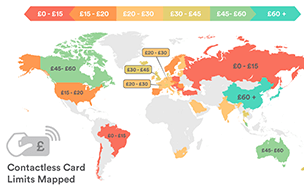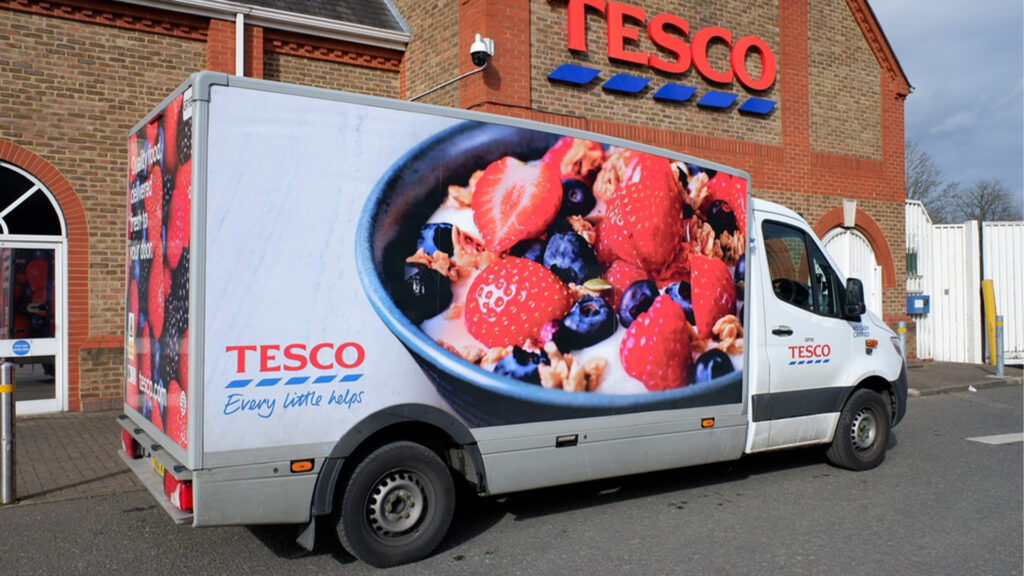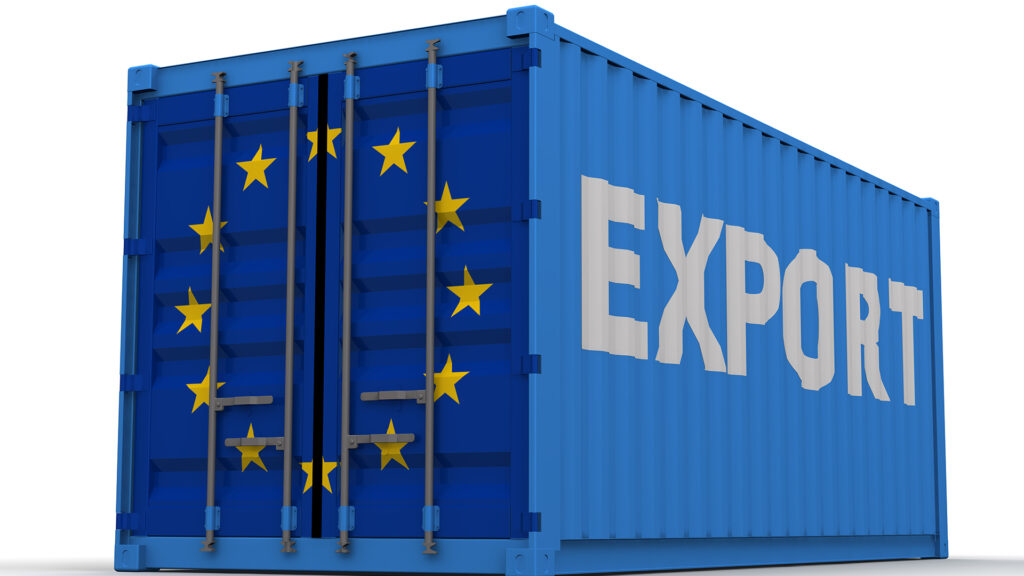Why EU Firms are Selling Property to Stay Competitive
There’s no doubt that we are living through turbulent financial times. The recent change in the US administration and the uncertainty around the impact of tariffs, along with a slowdown in economic growth across the EU, means businesses are looking now more than ever for ways to cut costs, streamline processes and boost profits.
One key way to inject cash into your business is through the liquidation of underused commercial assets, including property. In this article, we look at why it is proving to be a strategic business move for many EU businesses.
The Economic Imperative
If there was one word that could be used to sum up the global financial markets in 2025, it might be uncertainty. Stock markets worldwide have been reeling following the election of Trump, and his policies on foreign imports mean EU businesses are less competitive compared to US producers, and profits are taking a hit.
In any period of financial instability, it pays to be able to respond quickly and keep cash flow as a priority. Liquidating assets is a way to support this strategy.
Market Trends in Property Divestment
There are a few key trends to bear in mind when it comes to the commercial property market in the EU, which could work in your favour if you’re looking to sell.
Urban Demand
There’s plenty of evidence that workers prefer city centre office locations over out of town business parks, with central office rents in the business districts of cities like Milan and Helsinki growing at more than twice the rate of non-central areas. This is good news for businesses with commercial property in city centre business hubs.
Investment Volumes
According to a recent report from Savills, European real estate investment volumes are projected to rise by 13% year-on-year in 2025, indicating a dynamic market.
Germany’s Market is Thriving
German commercial property prices increased by 2.3% in Q1 2025, according to updates from Reuters, marking the second consecutive quarter of growth. It’s important to note that individual countries within the EU can experience the property market in very different ways.
The Role of Quick Sale Services
Across the EU, from Spanish hospitality units to German logistics hubs, more business owners are looking towards online house-buying companies to sell property fast and unlock working capital. Cash-buying services like Sold are helping streamline the process, offering guaranteed sales after an instant valuation.
The way that services like Sold work ensures that businesses can be much more responsive and agile in a fast-paced market, liquidating cash assets quickly as demanded by market changes.
Regional Considerations
The EU covers a diverse range of climate conditions, infrastructure and industry, and this is reflected in its property markets. While it’s impossible to make sweeping generalisations, we should be aware of broad trends when considering property divestment strategy.
Southern areas for example are typically more tourist driven, while urban centres in Northern parts of Europe are more likely to be impacted by the trends in hybrid working models. Emerging markets in eastern areas of the EU by contrast are experiencing increased real estate activities, offering opportunities for divestment and reinvestment.


























